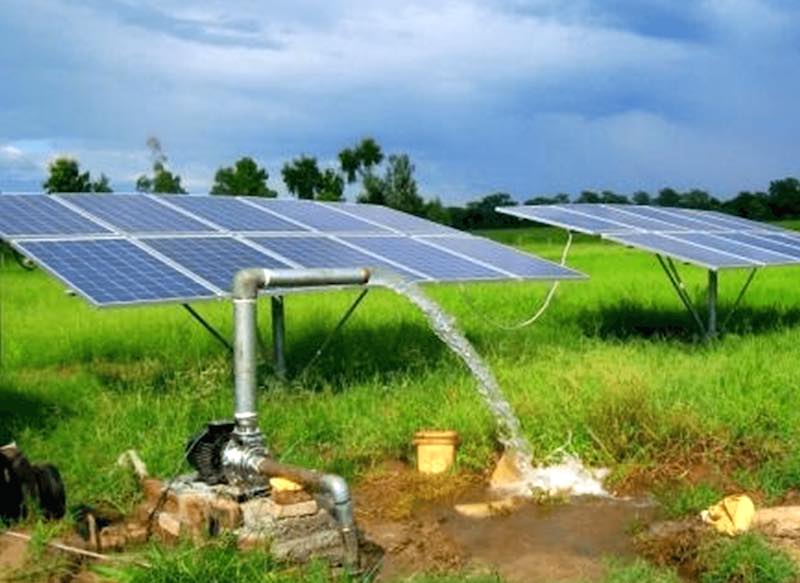Harnessing Solar Energy for Sustainable Agriculture

Introduction
As agriculture faces increasing challenges from climate change and rising energy costs, sustainable solutions are more crucial than ever. Solar energy offers an eco-friendly, cost-effective way to power farming operations, particularly in areas with unreliable access to electricity. In this blog, we explore how harnessing solar energy can transform agriculture into a more sustainable and productive sector.
Benefits of Solar Energy in Agriculture
Renewable and Clean Energy Source: Solar power reduces reliance on fossil fuels, lowering carbon footprints and supporting efforts to combat climate change. It’s a green alternative that taps into an abundant natural resource: sunlight.
Lower Energy Costs: Once installed, solar systems provide free energy. This drastically cuts energy costs for tasks like irrigation, water pumping, and powering farm equipment.
Energy Independence: Solar systems allow farmers to be less reliant on external electricity grids, which can be unstable in rural areas. This energy independence ensures that operations continue even during power outages.
Minimal Maintenance: Solar energy systems have fewer moving parts, making them relatively low-maintenance compared to traditional energy sources. With occasional cleaning and routine inspections, these systems can operate effectively for many years.
Scalability: Solar systems can be scaled to suit different farm sizes and needs, from smallholder farms to large commercial operations. This makes solar power accessible to all types of farmers.
Applications of Solar Energy in Farming
Solar-Powered Irrigation: Solar pumps can be used to draw water from wells, rivers, or storage systems for irrigation. When paired with drip irrigation systems, water usage is optimized, reducing waste.
Solar Greenhouses: Greenhouses equipped with solar panels can generate enough energy to power heating, cooling, and lighting systems, creating ideal growing conditions year-round.
Solar Dryers: For preserving agricultural products, solar dryers are an efficient way to dehydrate fruits, vegetables, and grains, ensuring longer shelf life without using electricity.
Powering Farm Equipment: Solar energy can be used to power machinery and equipment on the farm, reducing fuel dependency and promoting sustainability.
Conclusion
Harnessing solar energy is a smart investment for farmers looking to lower costs, increase efficiency, and reduce their environmental impact. As a renewable and scalable solution, solar power is revolutionizing modern farming.
Want to switch to sustainable solar solutions for your farm? Contact IrriHub to learn more about our solar-powered products and take the next step toward energy independence and sustainability!
